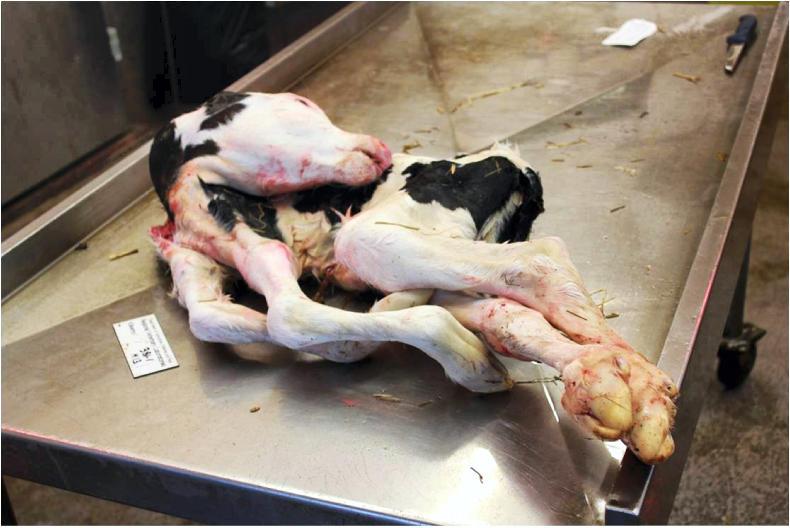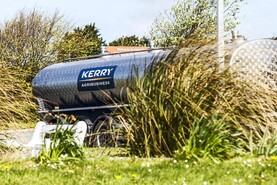There has been a surge in the number of Schmallenberg (SBV) cases on the island of Ireland, with the sheep population particularly vulnerable.
Post-mortems carried out on lambs up to July this year showed a 97% rise in SBV in Northern Ireland and a 33% rise in the Republic of Ireland compared with the same period in 2017.
SBV is spread by midges and causes late-stage abortions and physical deformities in cows and sheep. The disease can be highly localised and farmers have reported losing up to a third of their spring lambs to the virus in some parts of the country. Northern Ireland recorded just one case in sheep last year, but this has jumped to 29 cases in 2018, according to the Agri-Food and Biosciences Institute (AFBI).
SBV has now been recorded in every county in Northern Ireland, with the highest number recorded in Fermanagh and Tyrone.
In the Republic, the worst-affected counties were Galway and Sligo, which recorded 14 and nine cases respectively, according to the Department of Agriculture.
Testing for SBV has increased significantly in the Republic, with a 78% jump in the number of cattle tested to date this year.
Despite increased testing for SBV in cattle, the number of cases has decreased by 37% to just 12 cases in 2018 compared with the same period last year.
The number of confirmed cattle SBV cases also decreased in Northern Ireland, with a drop from five cases last year, to just one case this year.
A vaccine for SBV is available in Northern Ireland and the UK, but not in the Republic.






 This is a subscriber-only article
This is a subscriber-only article










SHARING OPTIONS: